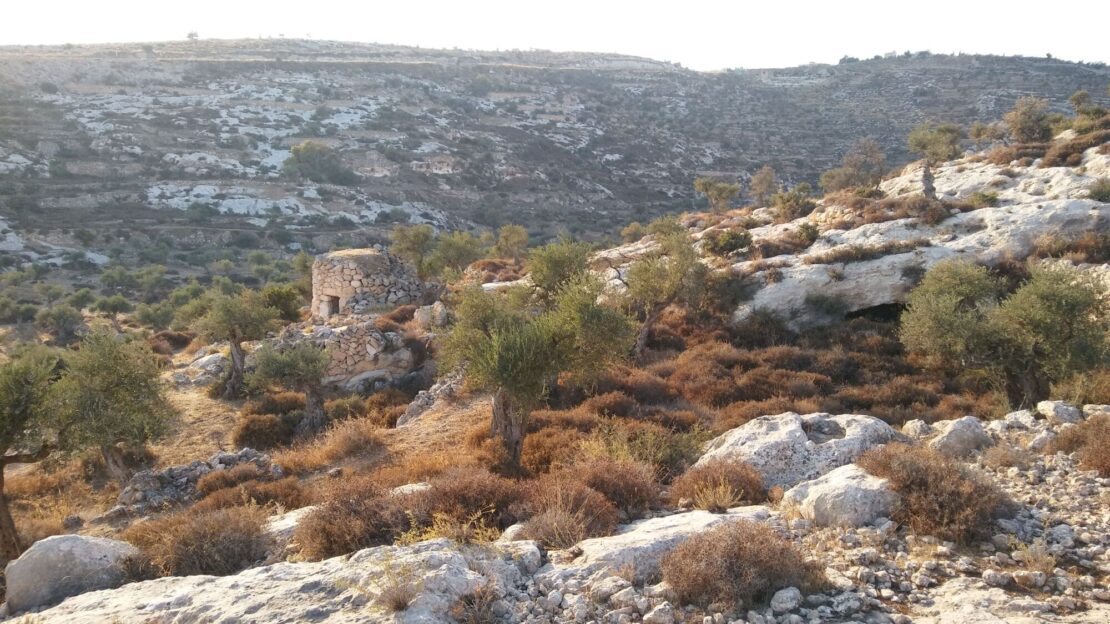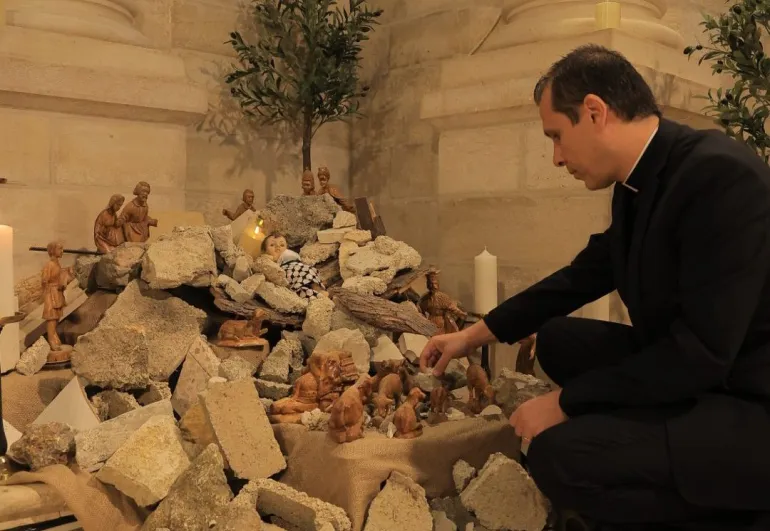As towns go, Bethlehem never rated very highly among Israeli villages.
Once you could go to the little settlement on the West Bank and look across the fields towards Jerusalem a few kilometres over to the north. As a pilgrim you could imagine the nativity in a nearby inn. It’s hard country, but it’s where lambs for temple sacrifice were grazed. These were also the fields where the boy David — to become the great King David of the Psalms — was once shepherd to his family’s flock.
That’s the point, of course. This place is history laden. The prophet Micah, 700 years before Christ, even before the destruction of the First Temple, promised of this apparently dismissible town: “But you, Oh Bethlehem, who art little to be among the clans of Judah, from you shall come forth for me one who is to be the ruler in Israel … and he shall stand and feed his flock in the strength of the Lord, in the majesty of the name of the Lord his God.”
The Messiah would come from this small town, from the house of David. That is why both Matthew and Luke, in their two almost contradictory accounts of Christ’s infancy, make a point of recording Jesus’ birthplace as Bethlehem. Not for reasons of culture or geography, it’s not a town to be particularly proud of.
Rather, from the first, Jesus was the fulfillment of the most ancient of prophecies.
And that’s the point of the shepherds. We tend to see them as extras accidentally caught up in a heart-warming Christmas drama – as itinerant local colour. However, Luke was not writing for nativity plays or church cribs; his shepherds were acknowledging the tough contradiction of a king-shepherd that Micah had first talked about. A ruler up to his elbows in greasy wool.
Though the Nativity sets they sold, in better days, to pilgrims around Manger Square were charming, that’s not the reality of Bethlehem now or ever. This is a place for the strong minded.
Today, if you go to Bethlehem the view has changed: you are confronted by a nine-metre high concrete barrier. Brutal and ugly. It is as Micah said, “walled about with a wall”. This isn’t a King’s city, neither does it seem like the birthplace of the Prince of Peace. It’s hard to envisage the Nativity here.
There was no peace in Micah’s time either. He foretold and then lived through the destruction of his Jerusalem. (In Byron’s words: ”The Assyrian came down like the wolf on the fold”.) Centuries later, Luke’s Gospel was written in light of the emperor Hadrian’s and his son Titus’s total reduction of Jerusalem and the turning of Herod’s great Temple into piles of stones and rubble. The Jews were expelled from their own city.
Which can only send us back to that other part of the Bethlehem story where the sky is filled for some unconnected reason with a vast choir of angels singing of peace among men. It seems so unlikely. Peace feels bitterly absent from the empty streets and shell-pocked walls of the West Bank. The little town of Bethlehem has never seemed more grief laden. War hangs like a pall over our Christmas crib.
The Lutheran pastor in Bethlehem has caught the moment and made it reality. His nativity is a swaddled infant hard to find in the rubble of a smashed building. Mary and Joseph and the shepherds clamber through the wreckage to reach the child. There is one tiny candle flame and in the far corner there’s the hope of a single olive tree.
Why Bethlehem indeed.
More than ever all people on earth need peace.
By Sandy Curnow
Main Image: Matthew J Grey, Church News History Revisited
Image above: Aljazeera News Online
Published: 22 December 2023





Comments
Geraldine Peck
Sandy, we too have have spent time in Bethlehem , twice, and endorse your sentiments wholeheartedly. It's heartbreaking. We pray for the 'living stones' still trying to maintain a Christian presence there.
Christine Georgiou
Dear Sandy,
Yes, why indeed? Thank you for this beautifully written, insightful article for us to ponder and delight in.
David Rush
Thanks Sandy for your observations Almost 12 months to the day I was in Bethlehem which makes your words resonate with even deeper meaning
Add Comment